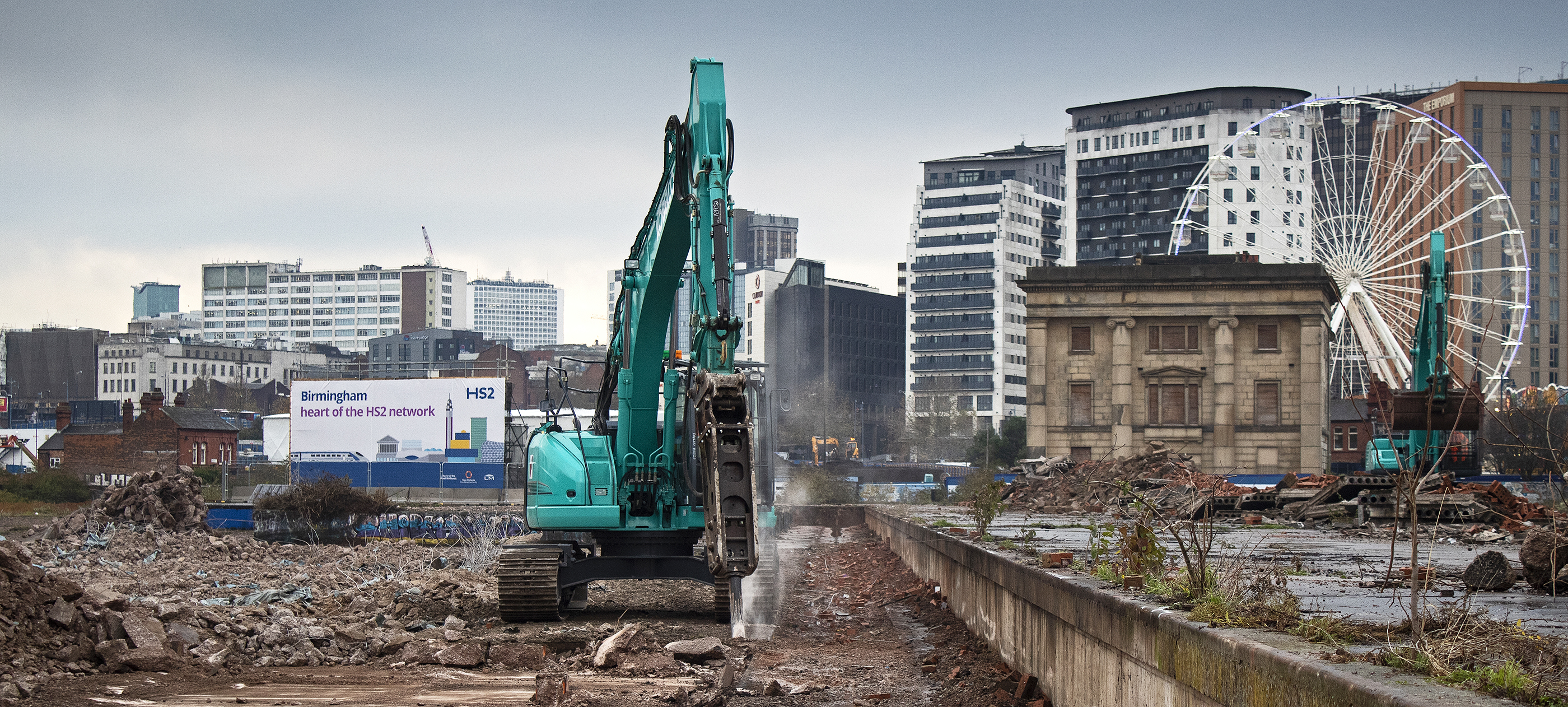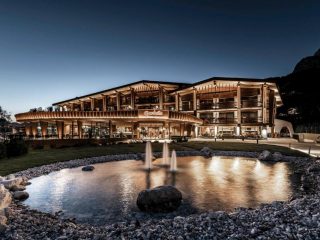Photo credit: bucksfreepress.co.uk
The government has given the final ‘go-ahead’ to HS2, the result of a “controversial and difficult decision” Mr. Johnson said. HS2 is a high-speed railway intended to connect London to Birmingham and then Manchester and Leeds. The 330 Mile railway aims to carry 400m-long (1,300ft) trains with as many as 1,100 seats per train set to run as much as 14 times an hour to and from destinations and is set to begin in two Phases, the first phase being London to Midlands, and phase 2 linking the Midlands to Manchester and Leeds.
However, there are many concerns for the production of HS2, these being time, money, and the environmental concerns that HS2 will have on climate change. These concerns have caused a delay for HS2 that was expected to be ready for 2032 – 2033, has now been extended to 2040.
How much is HS2 expected to cost?
Initially, the official price tag for HS2 in 2015 came in at just under £56bn. Experts are supposed to make informed estimates about the exact finances required, and the time needed to complete each of the two phases. However, the governments estimate for the project has now almost doubled in price, with new figures estimating that the costs could reach £106bn, a figure that has attracted a lot of criticism, a report from Lord Berkeley, a member of the review panel for the HS2 project, claims the costs have become “completely out of control”.
HS2 has also been widely criticized for not factoring in enough risk and uncertainty into its financial calculations. The government has since considered this and responded by reportedly making sure the second phase; between Manchester and Leeds, will be reviewed to make sure the plans are cost-effective.

What are the environmental effects of HS2?
HS2 has claimed that the production should help to reduce the UK’s Carbon Footprint. As stated within its own analysis, HS2 expects that passengers should shift from using higher emitting modes of transport such as travelling by car or plane, to travelling by HS2 instead. However, these statistics are downplaying the carbon emissions that will be emitted from the construction of the railway and materials used during the production of this. HS2’s carbon emissions impact was described in a report commissioned by the department for transport as ‘significant’.
It has also been criticized that the introduction of HS2 will not actually reduce the demand for flying. Flights from London to Manchester and Leeds are only a tiny proportion of the grand scheme of the London travel market, and will not reduce the number of flights to London. Despite these statistics representing just 1.18% of Britain’s annual transport emissions, critics emphasise that this is still a greater increase when emissions need to be falling rapidly to reach net zero.
Friends of the Earth have been critical of the “opportunity cost” stating that the price of £106bn (at least £5bn a year for 20 years) will lead to less investment in more effective carbon-saving transport, such as regional rail, buses, cycling and walking.
How will HS2 affect the countryside?
In a discussion with BBC regarding the responses to HS2, Michael Fabricant, Conservative MP for Lichfield, stated that the route will cause unnecessary damage to the countryside and that despite the defense for the environmental efforts being discouraged from flying and to take the train instead. To this, he responded by saying that “People are still going to fly because of the change of trains in London, so my argument is the lack of connectivity and also that it is so damaging environmentally.”

Expanding on the disruption to nature and wildlife, efforts to protect the countryside means that a large part of the route will be built in what’s known as “cuttings” this means that the track is effectively below ground with banks each side. Cuttings will reduce the impact of the line on the surrounding countryside, this also means that the view out the window on journeys will not be that thrilling either.
Despite efforts to protect the look of the countryside, HS2 will have a devastating impact on wildlife and biodiversity, as HS2 tracks intend to pass through over 130 protected wildlife sites including over 50 ancient woodlands, many of which are over 400 years old. There are multiple examples of this along the 330-mile route, and the need to move, roads, motorways, and in extreme cases even rivers.
Will there be any positive implications on jobs?
The government has promised that HS2 will attract more jobs in the Midlands and North with estimations of around 40,000 new jobs. However, critics have said that around 7 out of 10 of the 30,000 new jobs around HS2 stations will be in London and not the Midlands.
HS2 Ltd hasn’t taken into account the job losses from existing rail services being cut, which is a core element of the improvements to be made by the current plans of HS2, and has not considered the impact of its route on the effects of regeneration. In Euston and Park Royal, plans which would have created thousands of new jobs have now been put on hold, and in some cases, have been cancelled, due to HS2.
This has led to the HS2 being described by the Sunday Times as being ‘folly’ and stated that ‘the government should think again.’










